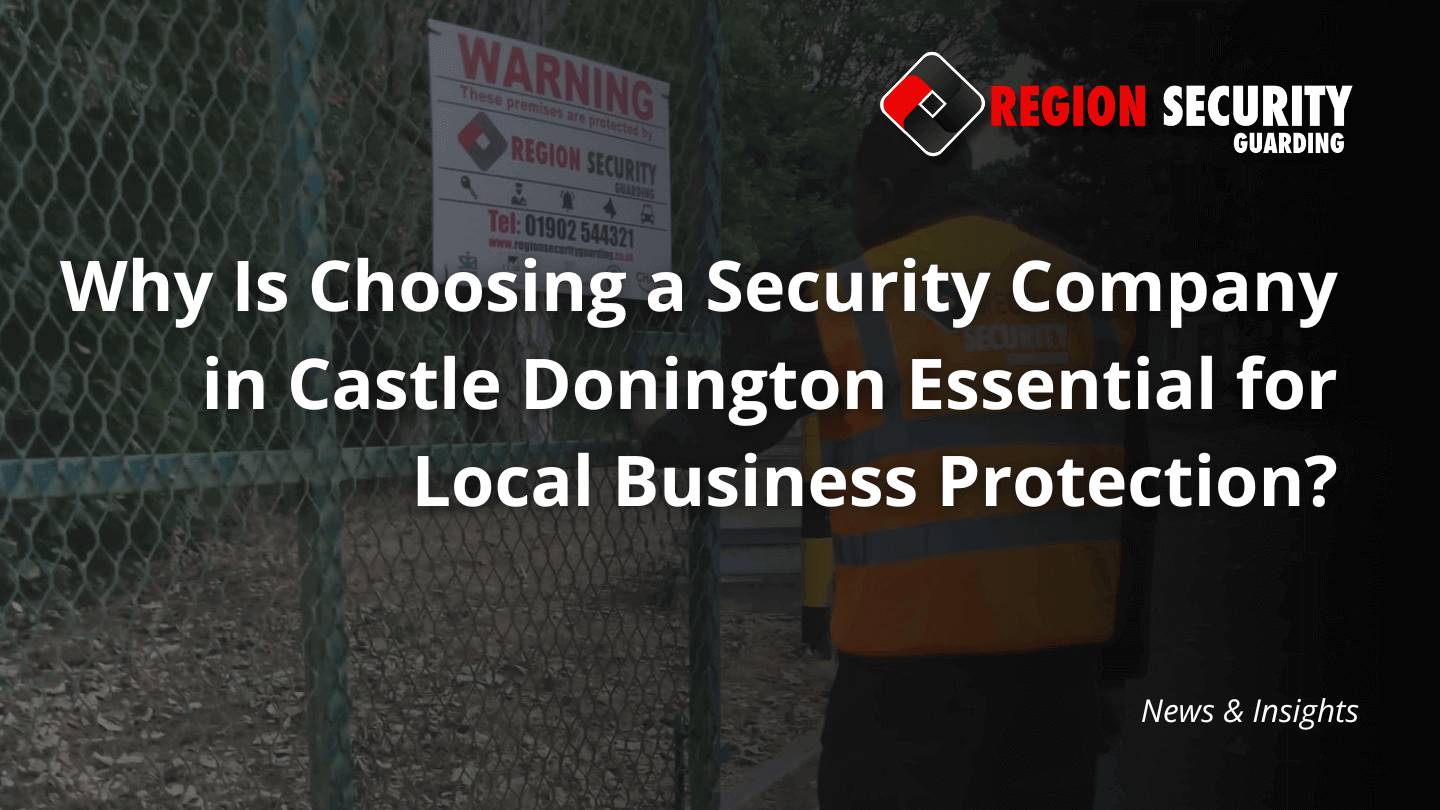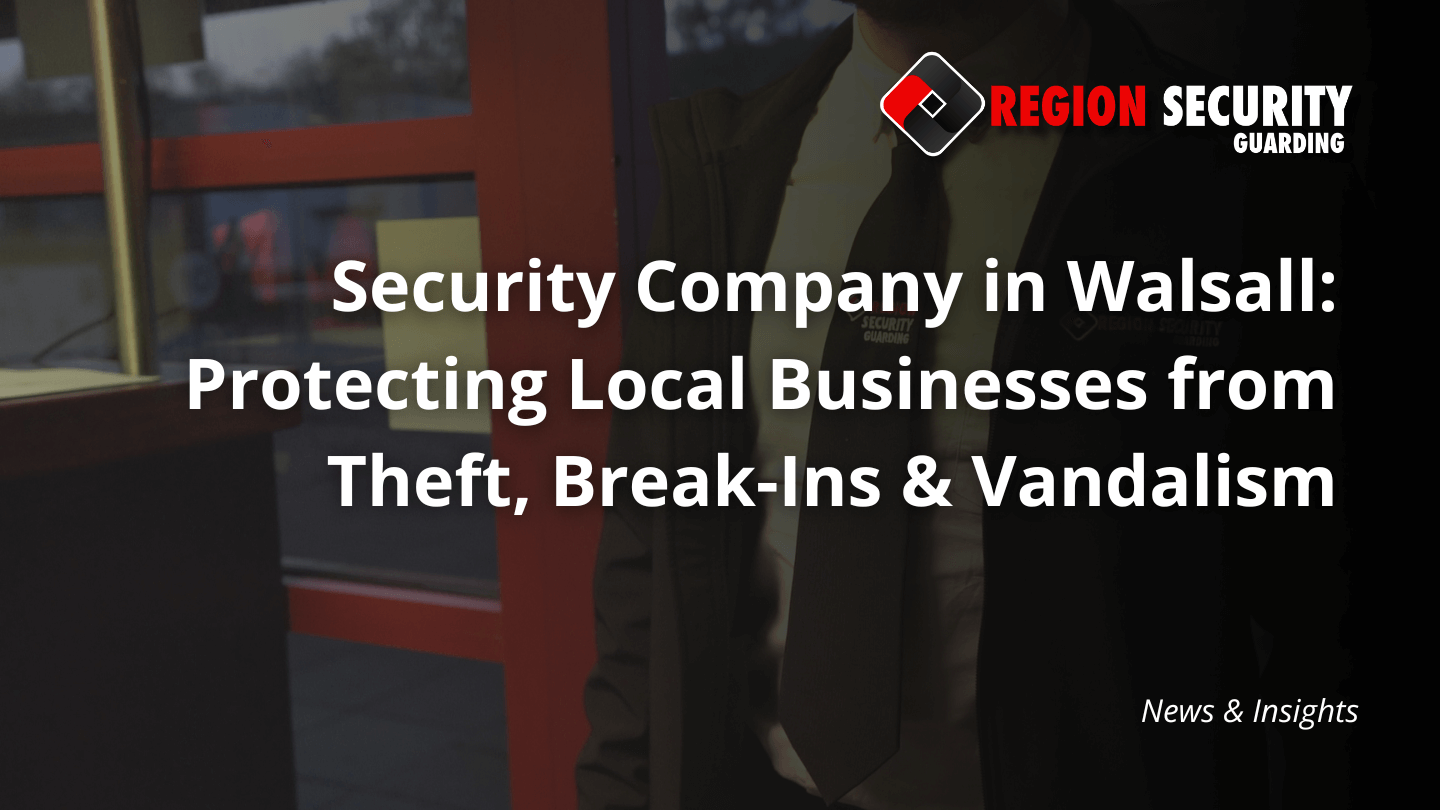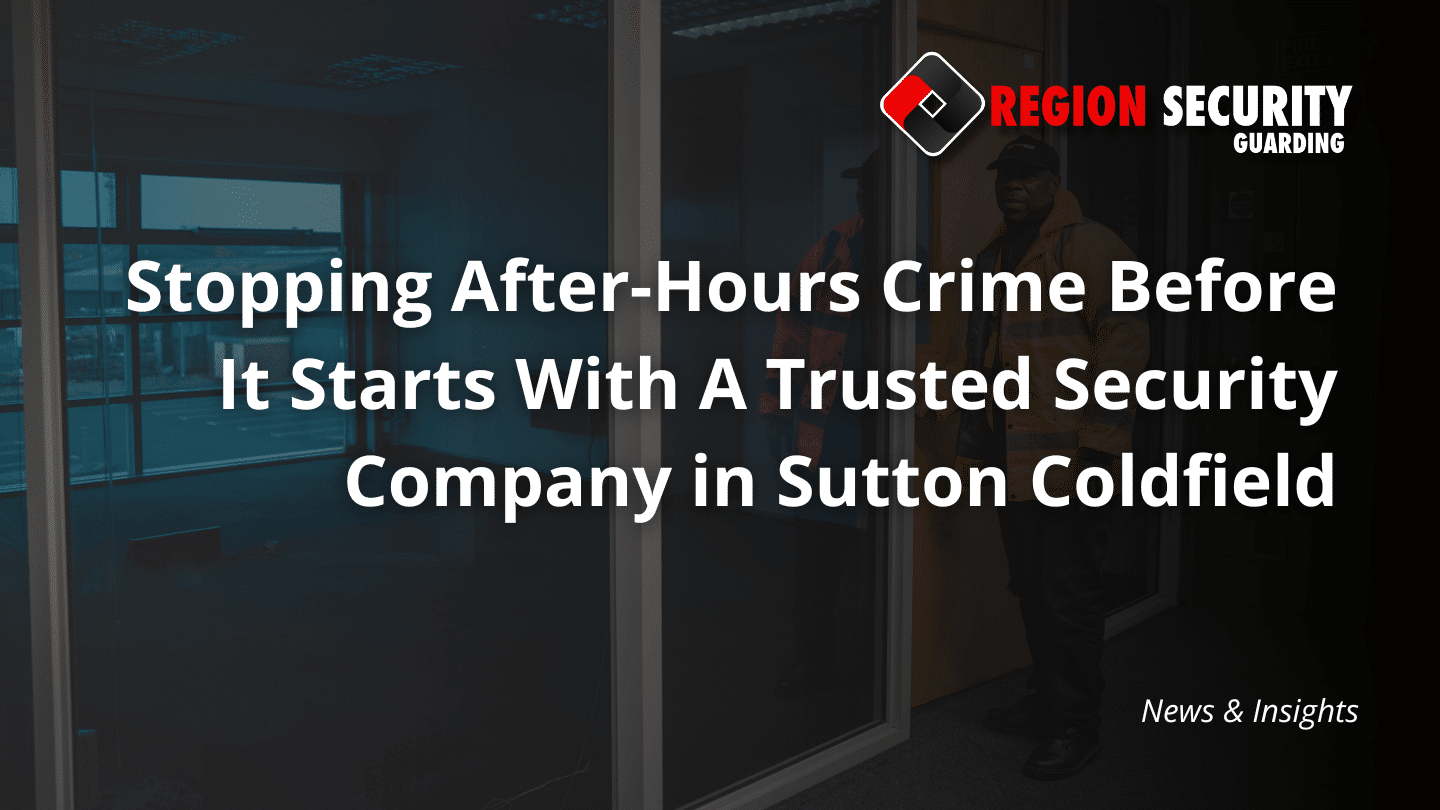A patrol involves monitoring an area by regularly walking or travelling through it to ensure its safety. Security guards and companies rely on patrols as an essential method to protect businesses and their assets. By conducting patrols, security personnel can observe the area, remain vigilant, and quickly identify any unusual activity or potential threats. Patrols can vary in type, frequency, and timing, depending on the unique needs of a business.
How do you determine which type of patrol is right for your business? Experienced security companies can provide expert advice tailored to your specific requirements. To get started, explore our guide to the different types of security patrols and find out which option might be the best fit for your business.
Table of Contents

How Many Types of Patrolling Are There?
Security patrols are essential for protecting businesses, offering various methods to monitor and secure areas or perimeters. The primary goals of any patrol are to identify potential threats, detect unusual activity, observe the surroundings, and respond quickly to mitigate risks. These patrols are designed not only to monitor for potential issues but also to act swiftly in addressing security breaches, minimising damage or loss to property, staff, or inventory.
So, what are the different types of patrols, and when should they be used? Let’s take a closer look at the options and their applications.
What Are the Different Types of Patrolling?
Patrolling is generally divided into two main types: foot patrols and mobile patrols. While each has its own unique advantages, both are conducted by trained security officers. The choice between them depends on the specific needs and circumstances of your business. If you’re unsure which type is best suited for your situation, seek guidance from your security provider for a recommendation tailored to your requirements.
What is Foot Patrol?
Foot patrols involve security officers walking through the areas they are responsible for protecting. This approach allows for a thorough assessment of the premises, including smaller or hard-to-reach spaces that vehicles cannot access.
Foot patrols also enable officers to inspect the interiors of buildings, making it easier to identify potential security risks such as unlocked doors or windows, unauthorised individuals, or safety hazards like flooding or fire. By conducting regular foot patrols, security personnel can quickly respond to and resolve issues, ensuring the safety and security of the property.
Mobile Patrols
Mobile security patrols, by contrast, involve the use of vehicles such as cars or motorbikes that are designed to serve as highly visible deterrents to potential threats. Their presence signals a strong security effort, discouraging unwanted activity.
These patrols are particularly well-suited for larger sites with expansive areas or multiple buildings, as vehicles enable guards to cover significant ground quickly. Mobile patrols are also highly effective for situations requiring an immediate response, such as responding to alarms or addressing security breaches identified on CCTV.
Other Security Patrols
While foot and mobile patrols are the main types of patrolling, there are also other variations, including active patrol, random patrol, and direct patrol. Each of these serves a specific function and can be customised to fit the unique security needs of a business. Below, we will dive into the details of each type of patrol.

Active Patrol
Active patrols involve security officers regularly leaving their assigned posts to inspect the perimeter and surrounding areas. This allows them to closely monitor the environment and identify potential security risks. If an issue is found, officers respond quickly to address the situation and ensure it is reported to prevent future occurrences. Active patrols are typically carried out on a set schedule, often in a rota format, and are especially effective in environments like office buildings, where continuous monitoring is important.
What is Random Patrol?
Random patrols serve the same purpose as active patrols, which is monitoring and securing an area, but with one key difference. Their routes and timing are unpredictable. This lack of a consistent pattern ensures that criminals cannot anticipate when patrols will occur, making it harder for them to avoid detection or plan criminal activity. As a result, random patrols act as a stronger deterrent than routine patrols. Whether on foot or in vehicles, the unpredictability of random patrols significantly reduces the likelihood of crime, as offenders are unable to predict when security will be present.
Direct Patrol
Direct or directed patrols focus on high-risk areas within a business that are more susceptible to security breaches or have previously experienced criminal activity. This approach allows security officers to prioritise the most vulnerable parts of the property. Directed patrols can also be initiated in response to specific incidents, such as an intruder detected on CCTV. In these cases, security officers will go directly to the identified location rather than patrolling the entire area, enabling them to address the situation promptly and safely.

Conclusion
Most security companies use a mix of random, active, and direct patrols to ensure comprehensive protection for businesses. They collaborate with business owners to identify security risks and strengthen vulnerable areas. Security guards, with their expertise, can provide guidance on the most suitable security solutions tailored to the unique needs of each business.
For the latest updates on mobile patrols, visit our news and insights page, where you’ll find articles like What is Mobile Patrol Security? and What is a Static Security Guard?
Business Security You Can Rely On
Trusted by leading businesses nationwide for reliable, 24/7 protection.
or call 0330 912 2033

We have used Region security for quite a while now. Top notch service, great guards and helpful staff. We love our guards and the team for all of their help / work. No need to try the other companies at all."
Andy Yeomans - Jones Skips Ltd
Great company, professional services, friendly guards and helpful at times when required."
Rob Pell - Site Manager
A professional and reliable service. Always easy to contact and has never let us down with cover. No hesitation in recommending and competitively priced also. After using an unreliable costly company for several years it is a pleasure to do business with Region Security"
Jane Meier - Manager
Region Security were very helpful in providing security for our building. We had overnight security for around 4 months. The guards themselves were professional, easy to reach and adapted very well to our specific needs. Would definitely recommend Region for security needs.
Lambert Smith Hampton
Great service. Reliable and professional and our lovely security guard Hussein was so helpful, friendly but assertive with patients when needed. He quickly became a part of our team and we would love to keep him! Will definitely use this company again
East Trees Health Centre
Fantastic Service from start to finish with helpful, polite accommodating staff, we have used Region Security a few times now and always been happy with what they provide.
Leah Ramsden - Manager




